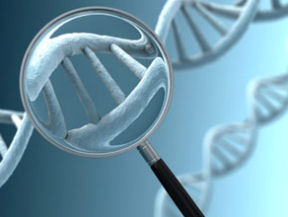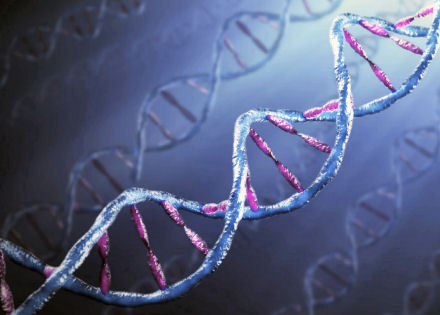
The direct-to-consumer genetic tests offered by deCODEme and 23andMe give inaccurate predictions of disease risks and regulatory authorities should consider banning them, say the geneticists behind two studies that examined test predictions in relation to a number of disease risks. Both studies were presented this week at the annual conference of the European Society of Human Genetics.
In the first study, Rachel Kalf, from the department of epidemiology at Erasmus University Medical Centre in Rotterdam, simulated genotype data for 100,000 individuals based on established genotype frequencies. She then used the formulas and risk data provided by the test companies to predict risks for eight common multi-factorial diseases – age-related macular degeneration (AMD), atrial fibrillation, celiac disease, Crohn’s disease, heart attack, prostate cancer, and Type 1 and Type 2 diabetes (T2D).
She reported that both companies assigned an increased risk to a substantial part of the test group. However, Kalf says the risk of disease in this group was often not substantially higher than the risk in the rest of the population studied.
For AMD, the disease with the highest predictive ability, both companies assumed that the risk in the population was around 8 percent. Of all subjects designated as having an increased risk, 16 percent using the 23andMe risk estimations and 19 percent using deCODEme’s estimations would develop AMD, compared to the 4 percent found in the rest of the population studied.
“So individuals in the increased risk group may have a four-fold increased risk of disease, but they are still far more likely not to develop the disease at all. For T2D, where the companies calculated the average risk at around 25 percent, 32 percent of those assigned to the increased risk group would actually develop T2D compared to 22 percent in the rest of the study population. This difference in disease risk is too small to be of relevance”, explained co-researcher Cecile Janssens.
Howard contends that DIY tests tend to overstate the utility of predictive information and patients often do not know how to interpret the results. “The provision of genetic testing services outside the regular healthcare system can also lead to unnecessary visits to healthcare providers and hence an increased burden on healthcare resources,” she notes.
Janssens believes that much of the confusion created may be attributed to marketing strategies which portray an exaggerated and inaccurate message about the connection between genetic information and disease risk. “They only take genetic factors into account when predicting risks for consumers, whereas in most multi-factorial diseases other modifiable risk factors, such as diet, environment, exercise and smoking have a much stronger impact on disease risk,” she concluded.
Related:
Breeder or worker? Scientists search for the genes that drive societies
DNA surname profiling mooted in UK
Spit-Swap Forces Changes To DNA Testing
Doctors Outline Policy To Prevent Genetic Discrimination








Comments are closed.